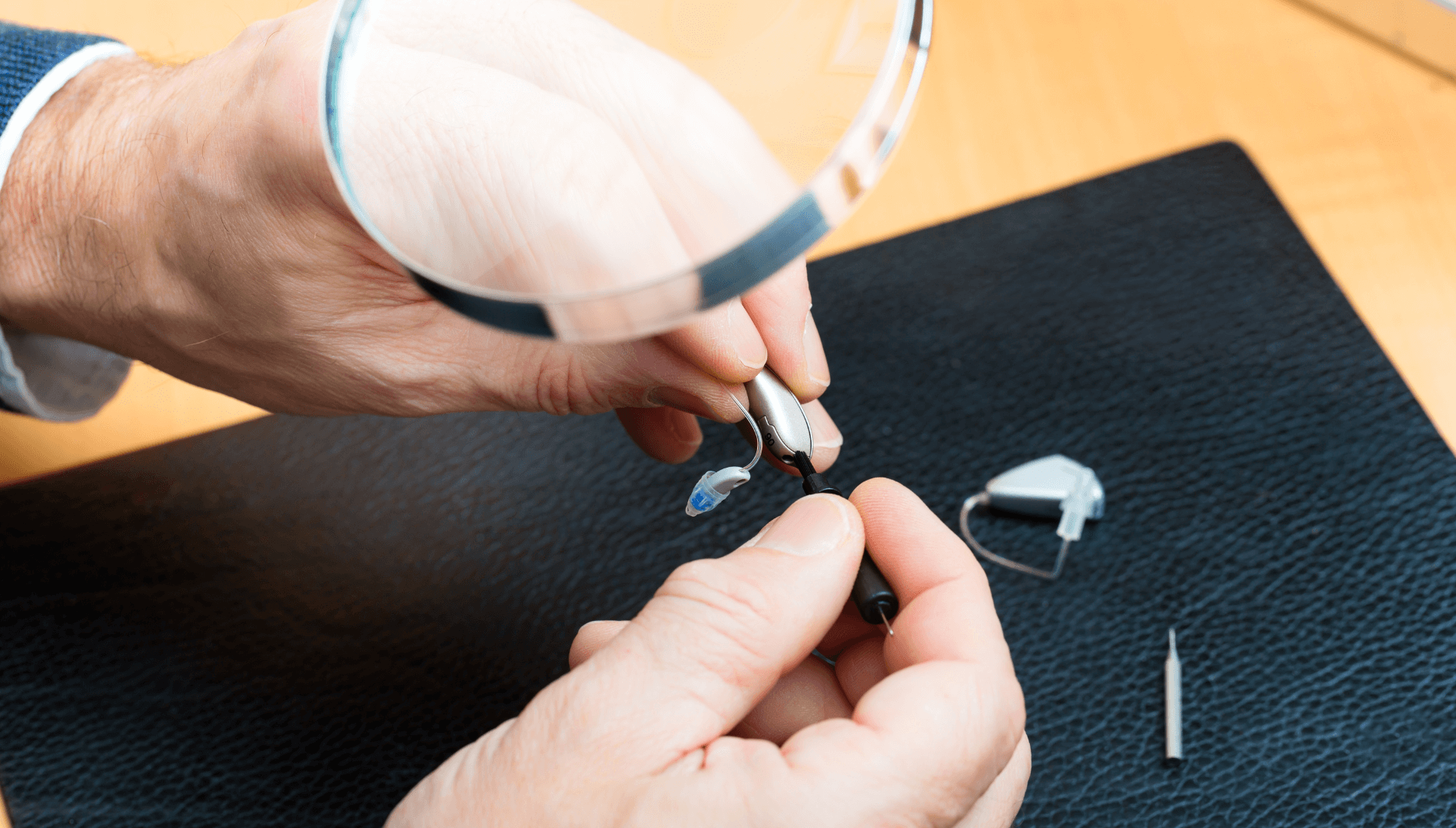
- Common Fears About Hearing Tests - May 28, 2025
- Best Hearing Aids for Active Lifestyles - May 16, 2025
- A Guide to Different Hearing Aid Styles - May 6, 2025
Hearing aids are reliable devices, but unexpected issues can arise at the worst moments. Imagine being in the middle of a meaningful conversation when your hearing aid suddenly stops working. Or picture being in a crowded public space, struggling to hear, only to realize your battery has died. These situations can be frustrating and stressful, especially when clear communication is important.
Battery Failure at the Wrong Time
Batteries often die at the least convenient moments, leaving the wearer unable to hear important sounds. If a hearing aid suddenly stops working, checking the battery should be the first step. Carrying spare batteries or using rechargeable models with portable charging cases can prevent this problem from becoming an emergency.
Hearing Aid Stops Working Suddenly
A hearing aid that shuts down without warning can be alarming, especially in unfamiliar environments. Moisture, earwax buildup, or a faulty component can cause sudden malfunctions. Regular maintenance and storing devices in a dry, safe place help minimize the risk of unexpected failures.
If a hearing aid stops working, simple troubleshooting steps can often resolve the issue. Checking for debris, ensuring the battery is inserted correctly, and using a hearing aid dryer can restore function. If the problem persists, seeking professional assistance is the best course of action.
Feedback and Whistling Sounds
High-pitched feedback noises can disrupt conversations and make hearing aids uncomfortable to use. These sounds often occur when the device is improperly fitted or has earwax blockage. A well-fitted hearing aid and regular ear cleanings reduce the likelihood of feedback issues.
Persistent whistling can be frustrating and embarrassing in social situations. Adjusting the volume, repositioning the hearing aid, or checking for obstructions often solves the problem. If feedback continues, a professional fitting may be necessary to improve comfort and performance.
Moisture Damage From Sweat or Water
Exposure to moisture can lead to serious hearing aid malfunctions. Sweat, rain, or accidental submersion in water can cause internal components to stop working. A drying kit or hearing aid dehumidifier can help remove excess moisture and extend the device’s lifespan.
Moisture-resistant models and protective covers provide additional defense against water damage. Avoiding humid environments and removing hearing aids before showering or swimming reduces the risk of malfunction. Drying devices overnight ensure they remain functional and ready for use the next day.
Hearing Aids Lost or Misplaced
Small and lightweight, hearing aids can be easy to misplace. Losing a device can be stressful and expensive, particularly without a backup pair. Using a designated storage case and establishing a routine for storing them in the same place helps prevent loss.
Many modern hearing aids include tracking features through smartphone apps, making it easier to locate them if misplaced. If a device goes missing, checking common areas and retracing recent movements can aid in a quick recovery. Proper storage habits ensure hearing aids remain safe and accessible when needed most.
